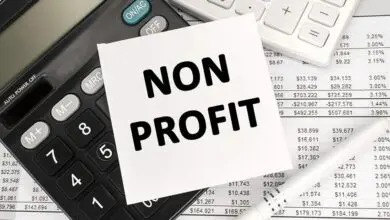Only Three Countries Left Without a ROTHSCHILD Central Bank!
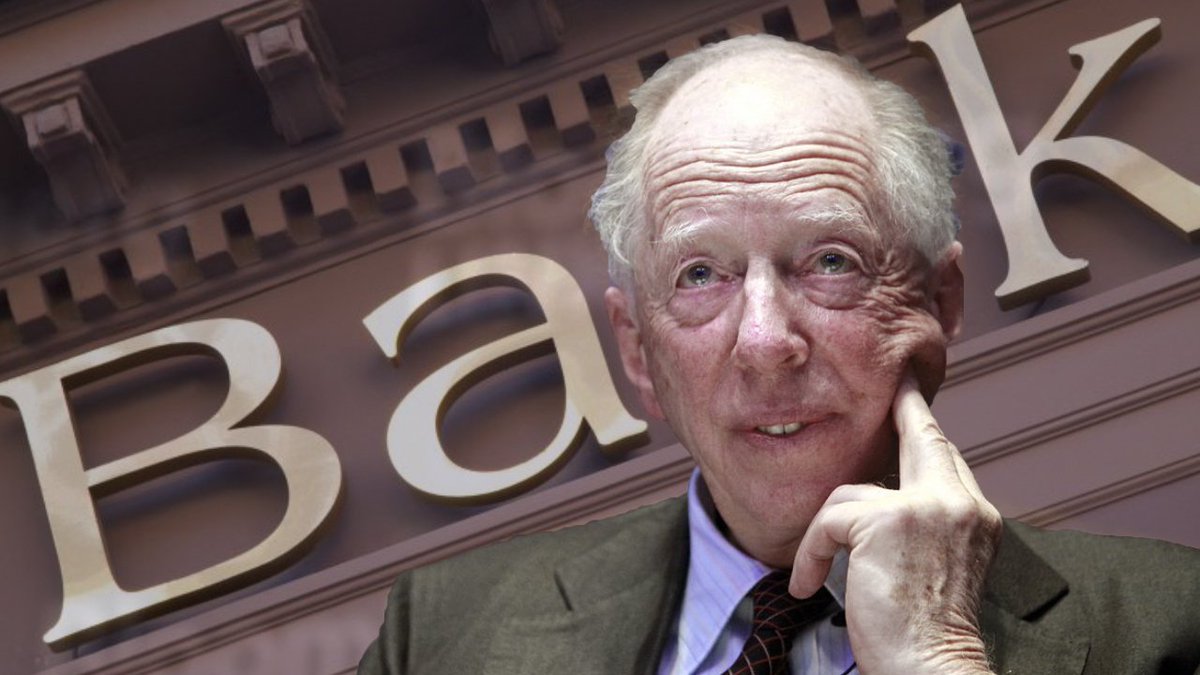
The Rothschild family is slowly but surely having their Central banks established in every country of this world, giving them incredible amount of wealth and power.
In the year of 2000 there were seven countries without a Rothschild owned or controlled Central Bank:
- Afghanistan
- Iraq
- Sudan
- Libya
- Cuba
- North Korea
- Iran
It is not a coincidence that these country, which are listed above were and are still being under attack by the western media, since one of the main reasons these countries have been under attack in the first place is because they do not have a Rothschild owned Central Bank yet.
The first step in having a Central Bank establish in a country is to get them to accept an outrageous loans, which puts the country in debt of the Central Bank and under the control of the Rothschilds.
If the country does not accept the loan, the leader of this particular country will be assassinated and a Rothschild aligned leader will be put into the position, and if the assassination does not work, the country will be invaded and have a Central Bank established with force all under the name of terrorism.
Rothschild-owned or controlled Central Banks
Central banks are illegally created private banks that are owned by the Rothschild banking family.
The family has been around for more than 230 years and has slithered its way into each country on this planet, threatened every world leader and their governments and cabinets with physical and economic death and destruction, and then emplaced their own people in these central banks to control and manage each country’s pocketbook.
Worse, the Rothschilds also control the machinations of each government at the macro level, not concerning themselves with the daily vicissitudes of our individual personal lives. Except when we get too far out of line.
The only countries left in 2003 without a Central Bank owned or controlled by the Rothschild Family were:
- Sudan
- Libya
- Cuba
- North Korea
- Iran
The Attacks of September 11th were an inside job to invade Afghanistan and Iraq to then establish a Central Bank in those countries.
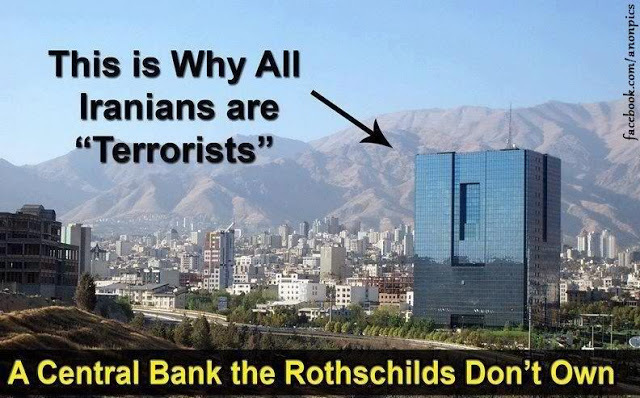
The only countries left in 2011 without a Central Bank owned or controlled by the Rothschild Family are:
- Cuba
- North Korea
- Iran
After the instigated protests and riots in the Arab countries, the Rothschild finally paved their way into establishing Central Banks and getting rid of many leaders, which put them into more power.
Complete List of BANKS Owned or Controlled by the Rothschild Family (As of 2013)
Afghanistan: Bank of Afghanistan
Albania: Bank of Albania
Algeria: Bank of Algeria
Argentina: Central Bank of Argentina
Armenia: Central Bank of Armenia
Aruba: Central Bank of Aruba
Australia: Reserve Bank of Australia
Austria: Austrian National Bank
Azerbaijan: Central Bank of Azerbaijan Republic
Bahamas: Central Bank of The Bahamas
Bahrain: Central Bank of Bahrain
Bangladesh: Bangladesh Bank
Barbados: Central Bank of Barbados
Belarus: National Bank of the Republic of Belarus
Belgium: National Bank of Belgium
Belize: Central Bank of Belize
Benin: Central Bank of West African States (BCEAO)
Bermuda: Bermuda Monetary Authority
Bhutan: Royal Monetary Authority of Bhutan
Bolivia: Central Bank of Bolivia
Bosnia: Central Bank of Bosnia and Herzegovina
Botswana: Bank of Botswana
Brazil: Central Bank of Brazil
Bulgaria: Bulgarian National Bank
Burkina Faso: Central Bank of West African States (BCEAO)
Burundi: Bank of the Republic of Burundi
Cambodia: National Bank of Cambodia
Came Roon: Bank of Central African States
Canada: Bank of Canada – Banque du Canada
Cayman Islands: Cayman Islands Monetary Authority
Central African Republic: Bank of Central African States
Chad: Bank of Central African States
Chile: Central Bank of Chile
China: The People’s Bank of China
Colombia: Bank of the Republic
Comoros: Central Bank of Comoros
Congo: Bank of Central African States
Costa Rica: Central Bank of Costa Rica
Côte d’Ivoire: Central Bank of West African States (BCEAO)
Croatia: Croatian National Bank
Cuba: Central Bank of Cuba
Cyprus: Central Bank of Cyprus
Czech Republic: Czech National Bank
Denmark: National Bank of Denmark
Dominican Republic: Central Bank of the Dominican Republic
East Caribbean area: Eastern Caribbean Central Bank
Ecuador: Central Bank of Ecuador
Egypt: Central Bank of Egypt
El Salvador: Central Reserve Bank of El Salvador
Equatorial Guinea: Bank of Central African States
Estonia: Bank of Estonia
Ethiopia: National Bank of Ethiopia
European Union: European Central Bank
Fiji: Reserve Bank of Fiji
Finland: Bank of Finland
France: Bank of France
Gabon: Bank of Central African States
The Gambia: Central Bank of The Gambia
Georgia: National Bank of Georgia
Germany: Deutsche Bundesbank
Ghana: Bank of Ghana
Greece: Bank of Greece
Guatemala: Bank of Guatemala
Guinea Bissau: Central Bank of West African States (BCEAO)
Guyana: Bank of Guyana
Haiti: Central Bank of Haiti
Honduras: Central Bank of Honduras
Hong Kong: Hong Kong Monetary Authority
Hungary: Magyar Nemzeti Bank
Iceland: Central Bank of Iceland
India: Reserve Bank of India
Indonesia: Bank Indonesia
Iran: The Central Bank of the Islamic Republic of Iran
Iraq: Central Bank of Iraq
Ireland: Central Bank and Financial Services Authority of Ireland
Israel: Bank of Israel
Italy: Bank of Italy
Jamaica: Bank of Jamaica
Japan: Bank of Japan
Jordan: Central Bank of Jordan
Kazakhstan: National Bank of Kazakhstan
Kenya: Central Bank of Kenya
Korea: Bank of Korea
Kuwait: Central Bank of Kuwait
Kyrgyzstan: National Bank of the Kyrgyz Republic
Latvia: Bank of Latvia
Lebanon: Central Bank of Lebanon
Lesotho: Central Bank of Lesotho
Libya: Central Bank of Libya (Their most recent conquest)
Uruguay: Central Bank of Uruguay
Lithuania: Bank of Lithuania
Luxembourg: Central Bank of Luxembourg
Macao: Monetary Authority of Macao
Macedonia: National Bank of the Republic of Macedonia
Madagascar: Central Bank of Madagascar
Malawi: Reserve Bank of Malawi
Malaysia: Central Bank of Malaysia
Mali: Central Bank of West African States (BCEAO)
Malta: Central Bank of Malta
Mauritius: Bank of Mauritius
Mexico: Bank of Mexico
Moldova: National Bank of Moldova
Mongolia: Bank of Mongolia
Montenegro: Central Bank of Montenegro
Morocco: Bank of Morocco
Mozambique: Bank of Mozambique
Namibia: Bank of Namibia
Nepal: Central Bank of Nepal
Netherlands: Netherlands Bank
Netherlands Antilles: Bank of the Netherlands Antilles
New Zealand: Reserve Bank of New Zealand
Nicaragua: Central Bank of Nicaragua
Niger: Central Bank of West African States (BCEAO)
Nigeria: Central Bank of Nigeria
Norway: Central Bank of Norway
Oman: Central Bank of Oman
Pakistan: State Bank of Pakistan
Papua New Guinea: Bank of Papua New Guinea
Paraguay: Central Bank of Paraguay
Peru: Central Reserve Bank of Peru
Philip Pines: Bangko Sentral ng Pilipinas
Poland: National Bank of Poland
Portugal: Bank of Portugal
Qatar: Qatar Central Bank
Romania: National Bank of Romania
Russia: Central Bank of Russia
Rwanda: National Bank of Rwanda
San Marino: Central Bank of the Republic of San Marino
Samoa: Central Bank of Samoa
Saudi Arabia: Saudi Arabian Monetary Agency
Senegal: Central Bank of West African States (BCEAO)
Serbia: National Bank of Serbia
Seychelles: Central Bank of Seychelles
Sierra Leone: Bank of Sierra Leone
Singapore: Monetary Authority of Singapore
Slovakia: National Bank of Slovakia
Slovenia: Bank of Slovenia
Solomon Islands: Central Bank of Solomon Islands
South Africa: South African Reserve Bank
Spain: Bank of Spain
Sri Lanka: Central Bank of Sri Lanka
Sudan: Bank of Sudan
Surinam: Central Bank of Suriname
Swaziland: The Central Bank of Swaziland
Sweden: Sveriges Riksbank
Switzerland: Swiss National Bank
Tajikistan: National Bank of Tajikistan
Tanzania: Bank of Tanzania
Thailand: Bank of Thailand
Togo: Central Bank of West African States (BCEAO)
Tonga: National Reserve Bank of Tonga
Trinidad and Tobago: Central Bank of Trinidad and Tobago
Tunisia: Central Bank of Tunisia
Turkey: Central Bank of the Republic of Turkey
Uganda: Bank of Uganda
Ukraine: National Bank of Ukraine
United Arab Emirates: Central Bank of United Arab Emirates
United Kingdom: Bank of England
United States: Federal Reserve, Federal Reserve Bank of New York
Vanuatu: Reserve Bank of Vanuatu
Venezuela: Central Bank of Venezuela
Vietnam: The State Bank of Vietnam
Yemen: Central Bank of Yemen
Zambia: Bank of Zambia
Zimbabwe: Reserve Bank of Zimbabwe
The FED and the IRS
Virtually unknown to the general public is the fact that the US Federal Reserve is a privately owned company, siting on its very own patch of land, immune to the US laws.
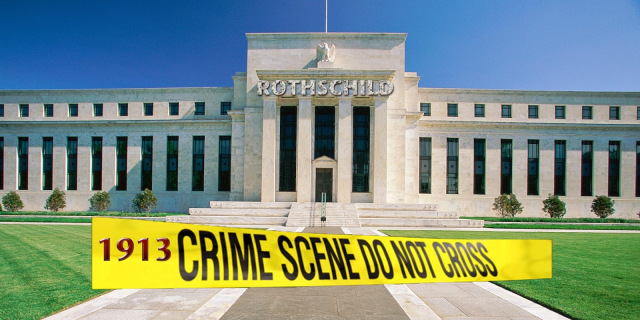
This privately-owned company (controlled by the Rothschilds, Rockefellers, and Morgans) prints the money FOR the US Government, which pays them interest for the “favor.” This means that if we would reset the nation’s debt today and would begin reprinting money, we would be in debt to the FED from the very first dollar loaned to our Government.
Also, most people living in the USA have no clue that the Internal Revenue Service (IRS) is a foreign agency.
To be more accurate, the IRS is a foreign private corporation of the International Monetary Fund (IMF) and is the private “army” of the Federal Reserve (Fed).
Its main goal is to make sure the American people pay their tax and be good little slaves.
Rothschilds Want Iran’s Banks
Could gaining control of the Central Bank of the Islamic Republic of Iran (CBI) be one of the main reasons that Iran is being targeted by Western and Israeli powers? As Teensions are building up for an unthinkable war with Iran, it is worth exploring Iran’s banking system compared to its U.S., British and Israeli counterparts.
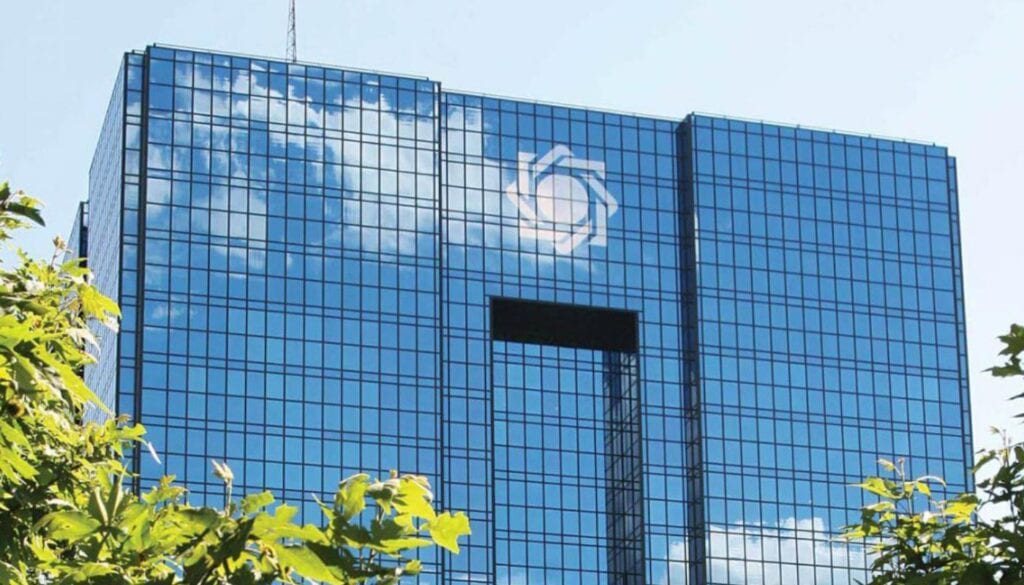
Some researchers are pointing out that Iran is one of only three countries left in the world whose central bank is not under Rothschild control. Before 9-11 there were reportedly seven: Afghanistan, Iraq, Sudan, Libya, Cuba, North Korea and Iran. By 2003, however, Afghanistan and Iraq were swallowed up by the Rothschild octopus, and by 2011 Sudan and Libya were also gone. In Libya, a Rothschild bank was established in Benghazi while the country was still at war.
Islam forbids the charging of interest, a major problem for the Rothschild banking system. Until a few hundred years ago, charging interest was also forbidden in the Christian world and was even punishable by death. It was considered exploitation and enslavement.
Since the Rothschilds took over the Bank of England around 1815, they have been expanding their banking control over all the countries of the world. Their method has been to get a country’s corrupt politicians to accept massive loans, which they can never repay, and thus go into debt to the Rothschild banking powers. If a leader refuses to accept the loan, he is oftentimes either ousted or assassinated. And if that fails, invasions can follow, and a Rothschild usury-based bank is established.
The Rothschilds exert powerful influence over the world’s major news agencies. By repetition, the masses are duped into believing horror stories about evil villains. The Rothschilds control the Bank of England, the Federal Reserve, the European Central Bank, the IMF, the World Bank and the Bank of International Settlements. Also they own most of the gold in the world as well as the London Gold Exchange, which sets the price of gold every day. It is said the family owns over half the wealth of the planet—estimated by Credit Suisse to be $231 trillion—and is controlled by Evelyn Rothschild, the current head of the family.
Objective researchers contend that Iran is not being demonized because they are a nuclear threat, just as the Taliban, Iraq’s Saddam Hussein and Libya’s Muammar Qadaffi were not a threat.
What then is the real reason? Is it the trillions to be made in oil profits, or the trillions in war profits? Is it to bankrupt the U.S. economy, or is it to start World War III? Is it to destroy Israel’s enemies, or to destroy the Iranian central bank so that no one is left to defy Rothschild’s money racket?
It might be any one of those reasons or, worse—it might be all of them.
Peter Papaherakles, a U.S. citizen since 1986, was born in Greece. He is AFP’s outreach director. If you would like to see AFP speakers at your rally, contact Pete at 202-544-5977.

